Agriculture
August 27, 2025
Lean Briqs and Pellets
Read SolutionImplemented by
Lean Energy Solutions Limited
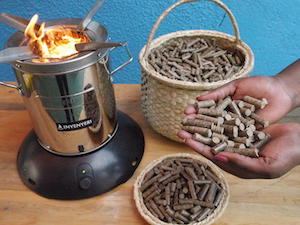
Updated on December 8, 2023
·Created on October 4, 2018
Inyenyeri Fuel Pellets are dense biomass fuel pellets designed to be used in gasifier cookstoves.
Inyenyeri Fuel Pellets are dense biomass fuel pellets designed by Inyenyeri in Rwanda to be used in Mimi Moto‘s forced-air gasifying cookstoves through their Fuel+Stove system.
Target SDGs
SDG 7: Affordable and Clean Energy
SDG 13: Climate Action
Market Suggested Retail Price
$6.50
Target Users (Target Impact Group)
Household
Distributors / Implementing Organizations
Inyenyeri and UN Refugee Agency
Countries
Rwanda
Manufacturing/Building Method
The product is manufactured in a Pellet Factory located in Gisenyi. The equipment used is a design by Buskirk Engineering but it is operated by a locally Rwandan trained staff. The factory has a production capacity of 15 tons per day which serves about 10,000 customers.
Intellectural Property Type
Trademark
User Provision Model
The pellets can be obtained through Inyenyeri's Collection Hubs or Retail Shops. The Rural Collection Hubs are located in rural areas where collecting firewood is the norm, whilst the Urban Stores are located in areas where the charcoal is the norm.
Distributions to Date Status
Between 2013 until 2017, Inyenyeri had over 2,000 customers of their Fuel+Stove system. By year end 2018 the company aims to serve 30,000 households.
Material composition
Agricultural waste, Wood pellets
Higher heating value (MJ/kg)
Unknown
Types of primary pollutants
CO, NOx
Design Specifications
The fuel pellets are made from a mixture of dry biomass (agricultural waste, etc.) that would otherwise be collected and burned as waste by rural Rwandan households. Wood from trees is not used.
Technical Support
Support staff available by phone or in person.
Replacement Components
None
Lifecycle
Single use
Manufacturer Specified Performance Parameters
Manufacturers specify performance targets including: 25% savings compared to charcoal, long lasting (1 kg burns ~ 1.5 hrs), and 92% less wood usage compared to charcoal.
Vetted Performance Status
Through a partnership with UNHCR, Inyenyeri provided 300 refugee families in Kigeme camp with their Stove+Fuel solution. These families stated that cooking with the stove had a positive impact on their health by reducing their exposure to toxic emissions. The UNHCR also stated that the biomass required to cook meals reduced by 80-90% compared to the baseline.
Safety
Fuel pellets are usually a safe fuel for small users like households. However, since they are made with combustible materials, the risk of fire will always be a concern as well as harmful gases emissions like carbon dioxide and monoxide, nitrogen oxides, and hydrocarbons.
Complementary Technical Systems
The Inyenyeri Fuel Pellets are part of Inyenyeri's Fuel+Stove system. The type and quantity of stoves depends on the size of the family.
Academic Research and References
Report: Clean and Improved Cooking in Sub-Saharan Africa. (2014). World Bank Group.
Impact Evaluation oF Inyenyeri Rwanda. The fuel Lab, University of North Carolina at Chapel Hill
Compliance with regulations
Unknown
Evaluation methods
A randomized control trial to determine the impact of Inyenyeri’s business model was conducted from 2015-2017. However, technical evaluation for the biomass pellets is unknown
Other Information
Inyenyeri's biomass pellets are part of their Fuel+Stove system, in which they offer high-tech stoves to customers that agree to buy their fuel.
Agriculture
August 27, 2025
Implemented by
Lean Energy Solutions Limited
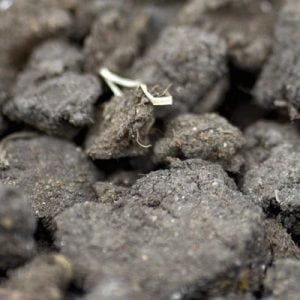
Agriculture
November 30, 2024
Implemented by
Pivot Works Ltd.
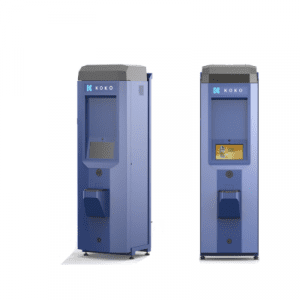
Agriculture
November 30, 2024
Implemented by
KOKO Networks
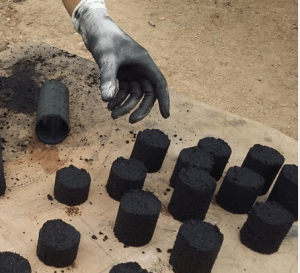
Agriculture
December 28, 2024
Implemented by
BioChar Maroc

Agriculture
January 4, 2024
Implemented by
Sunrun
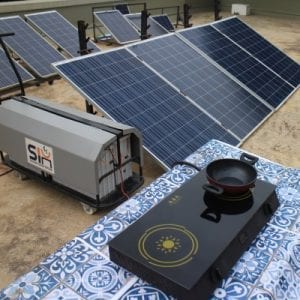
Agriculture
February 3, 2024
Implemented by
Solar Urja
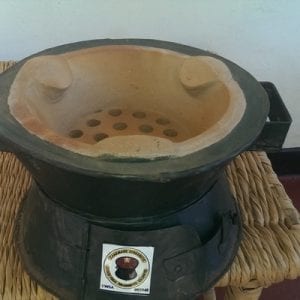
Agriculture
December 18, 2024
Implemented by
ADJR Cooperative

Agriculture
December 19, 2024
Implemented by
CLIMATENZA
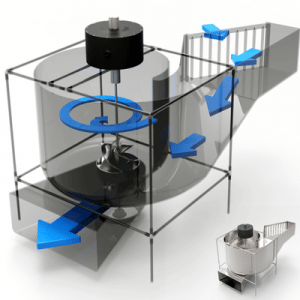
Agriculture
December 2, 2024
Implemented by
Turbulent
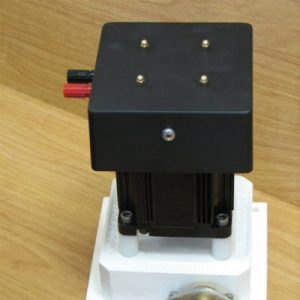
Agriculture
December 2, 2024
Implemented by
Energy Systems & Design
Have thoughts on how we can improve?
Give Us Feedback